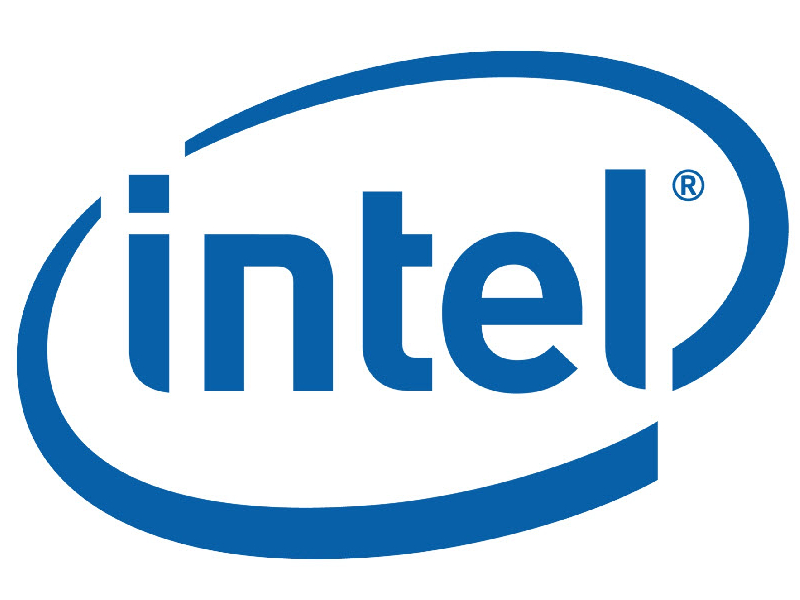Intel Revealing Bay Trail-T and Devices Next Month
Sources say the Bay Trail-T platform will be revealed during IDF 2013.
The upstream supply chain sources are now chirping just weeks before the Intel Developer Forum (IDF) 2013 conference taking place in San Francisco from September 10 to 12. They claim that Intel will use this event to reveal its new Bay Trail-T platform for tablets, along with ODMs Asus, Acer and Lenovo who will also reveal their related products.
The Bay Trail platform is the first major Atom release under CEO Brian Krzanich's helm, sporting the 22 nm "Valleyview" Atom chip. As previously reported, the company will supposedly launch the Atom Z-series SoCs (with a target TDP of 3W) for Bay Trail-T platforms designed for tablets between August 28 and September 13 of this year. Intel also plans to launch Bay Trail-M (4W to 6.5W) for notebooks and Bay Trail-D (12W) for desktops.
"What [the Bay Trail platform] really does is allows us to get into these markets that we are not in, in a big way today," Krzanich told analysts in July. "[There will be] tablets [at] $199 and below, some you are going to see even lower, below $150 and much below that as we go through the holiday season. So, Bay Trail, really first and foremost we believe gives solid performance, solid battery life relative to the competition in price points and markets that were simply not in, in a big way today."
The first SoC for Bay Trail, Valleyview, will supposedly feature up to four "Silvermont" 22 nm cores clocked between 1.2 GHz and 2.4 GHz. Each core will also have 512 KB of L2 cache for a total of 2 MB in a quad-core configuration. Other features will include four integrated Gen7 graphics engines, an integrated Imagination Technology VXD392 decode engine, support for hardware accelerated 1080p60 video decode and so on.
Sources now believe that tablets based on the Bay Trail-T platform will go on sale in late October, possibly as Windows 8.1 launch products. Bay Trail-T is expected to help Intel gain more ground in competing against ARM-based solutions that are currently on the market. If Microsoft is willing to reduce its Windows 8.1 licensing fees, tablets based on both platforms could become even more competitive, sources said.
The upstream supply chain birds also claim that Intel's Bay Trail-M for (mobile) notebooks/Ultrabooks will include the Pentium N3510 and Celeron N2910/N2810/N2805 processors. These will supposedly go into mass production soon for notebooks products to be revealed in November or December.
Customers should expect to hear announcements about a large number of new products soon.
Get Tom's Hardware's best news and in-depth reviews, straight to your inbox.
Follow us @tomshardware, on Facebook and on Google+.

Kevin Parrish has over a decade of experience as a writer, editor, and product tester. His work focused on computer hardware, networking equipment, smartphones, tablets, gaming consoles, and other internet-connected devices. His work has appeared in Tom's Hardware, Tom's Guide, Maximum PC, Digital Trends, Android Authority, How-To Geek, Lifewire, and others.
-
catfishtx Since Microsoft priced me out of the market with their Surface Pro, I am still waiting on a tablet to give me Win 8 and x86 compatibility.Reply -
apache_lives Reply11450403 said:Since Microsoft priced me out of the market with their Surface Pro, I am still waiting on a tablet to give me Win 8 and x86 compatibility.
All Windows 8 tablets do x86 except the Windows RT tablets
Do you expect everything to be free? -
BringMeAnother Exciting stuff. Can't wait to see the benchmarks. I wonder how far it is compared to the Haswell U series. I wish the higher end ones will be powerful enough for some light photoshop and web development and the lower end ones have still a fluid Windows experience with long battery life.Reply -
Wisecracker Likely just another notch in that long line of Intel Trail fail.Reply
It's also likely to get Temash'd in price by AMD even before you factor in the price of a Turbo Dock....
-
stevejnb Reply11450403 said:Since Microsoft priced me out of the market with their Surface Pro, I am still waiting on a tablet to give me Win 8 and x86 compatibility.
They start as low as $300 with the Acer Iconia W3 so you can get x86 compatibility very cheap, but... You get what you pay for. I have an Acer Iconia W700 and it's awesome - but it basically has the hardware of a mid level Ultrabook. If you want something with good hardware, you pay for it, and don't be expecting Ultrabook hardware for less than Ultrabook pricing, in which context the Surface and W700 are actually reasonably competitive. If you want a slower Atom based processor in your Windows 8 tablet, you can get it cheap, but don't be surprised when it chugs - those types of weaker processors are meant to run Android/iOS/Windows RT, and apps, not applications.
My suggestion? Go with a Surface Pro or Iconia W700 if you want one without compromises. Otherwise, buy cheaper and you'll get your x86 functionality, but it'll be like using a budget laptop - chug chug chug even web browsing. Office will likely work fine though.
